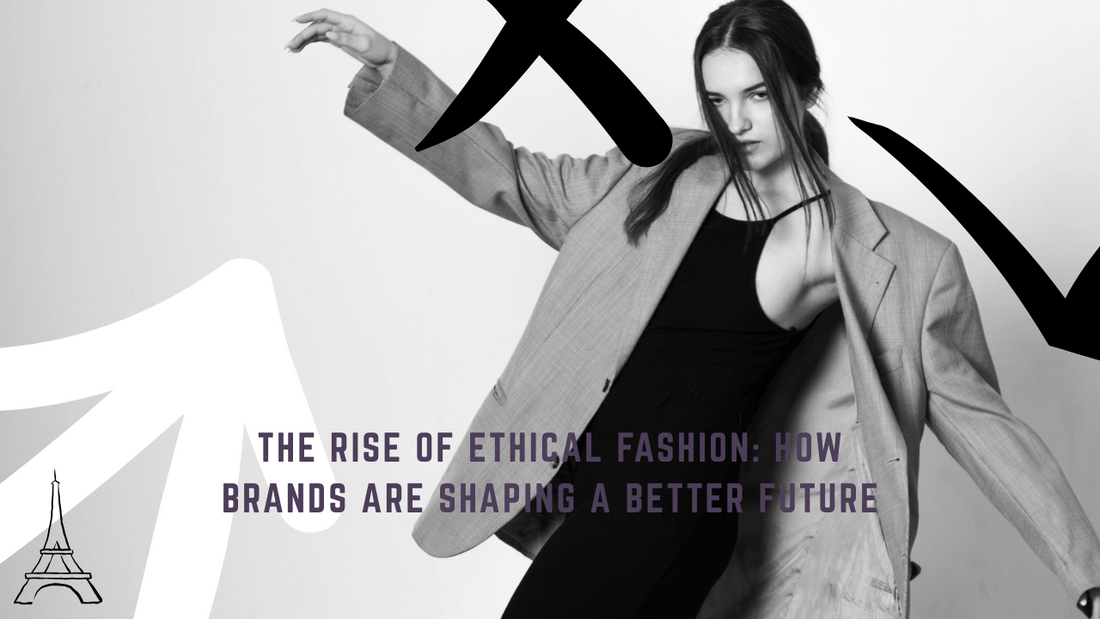
The Rise of Ethical Fashion: How Brands are Shaping a Better Future
Ethical fashion is more than just a response to the environmental damage caused by fast fashion—it’s a movement that seeks to create a better, more equitable future for workers, consumers, and the planet. This blog will explore how brands are adopting ethical practices and the ways consumers can support these efforts.
The Need for Ethical Fashion
The rise of ethical fashion is a direct response to the exploitation of workers in the fashion industry. Fast fashion often relies on low wages, unsafe working conditions, and exploitative labor practices to keep costs down. Ethical fashion aims to address these issues by promoting fair wages, safe working environments, and better labor rights.
Ethical fashion also includes a focus on sustainability—producing high-quality, long-lasting garments that have a minimal impact on the environment. By using organic materials, reducing waste, and employing eco-friendly production techniques, ethical fashion brands are paving the way for a more responsible future.
The Ethical Fashion Movement
The ethical fashion movement has gained traction over the years, thanks to the growing awareness of the social and environmental issues within the fashion industry. Brands like Patagonia, Reformation, and People Tree have become leaders in the ethical fashion space, using eco-friendly materials, ensuring fair labor practices, and committing to transparency in their supply chains.
These brands are not only producing clothes that align with their ethical values but also educating consumers on the importance of ethical fashion and encouraging them to make informed purchasing decisions.
How Consumers Can Support Ethical Fashion
Supporting ethical fashion means making intentional, informed decisions about what to buy. Consumers can research brands before making a purchase, checking if they’re transparent about their supply chain and labor practices. Choosing brands that prioritize sustainability and fairness is one way to support the ethical fashion movement.
Consumers can also extend the life of their clothes by purchasing fewer, more durable items, and embracing second-hand shopping. Upcycling and repairing garments are also great ways to reduce waste and ensure that fashion remains ethical and sustainable.
The Future of Ethical Fashion
As more consumers demand transparency, fairness, and sustainability, ethical fashion is likely to become the norm rather than the exception. Fashion brands will need to adopt ethical practices to stay competitive in a market that increasingly values social and environmental responsibility. The future of fashion is about making conscious choices that benefit not only the people who create the garments but also the consumers who wear them.
